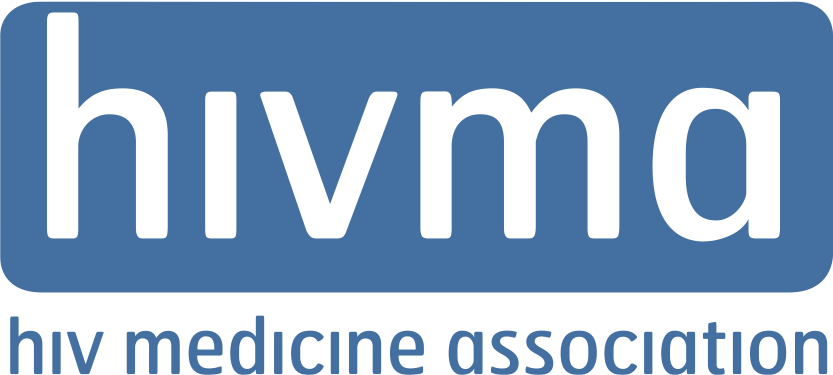The HIV Clinical Fellowship program provides grants to physicians to support one year of HIV clinical experience working with patient populations who have historically been medically underserved and/or marginalized. The goal of the program is to develop a diverse primary care workforce with HIV expertise and a commitment to treat persons with HIV.
Grant Awards
Applicants may apply for support for full- or half-time effort. Stipends are paid to the training institution.
Full-time: Fellows who will devote their full-time effort to the clinical training program will receive a stipend based on the PGY-4 salary level for their training institution in addition to funds to cover fringe benefits as a percentage of the stipend.
Half-time: Fellows who will devote 50% of their effort to the clinical training program will receive a pro-rated stipend based on the PGY-4 salary level for their training institution in addition to funds to cover a percentage of their fringe benefits if applicable.
Malpractice insurance is not covered by this grant.
An additional $5,000 is paid to the institution for institutional administrative costs and to support additional educational opportunities for the fellow.
Application Timeline
The application period for the 2024-2025 HIV Clinical Fellowship Program has ended. If you have any questions about the program, please email HIVMA staff.
Fellowship Eligibility & Criteria
Applicant Checklist
- Review the eligibility criteria and fellowship training requirements.
- Identify an HIV clinical program to complete your training. Please contact HIVMA for help identifying a training site if needed
- Identify a mentor to oversee your clinical experience. Your mentor must be an HIVMA member and must complete the sponsor registration form. Please contact HIVMA to check your mentor’s membership status or for help identifying a mentor.
- Develop a training curriculum with your mentor. Please see the Training Curriculum Guide. If you are proposing part-time training, this must be clearly indicated. Contact HIVMA if you need any additional clarification regarding curriculum requirements.
- Submit a current curriculum vitae or resume and contact information for two professional references via email to info@hivma.org.
Eligibility Requirements
Candidates must be:
- MD or DOs. Physicians completing residency training must be Board eligible for their residency training specialty by the time the fellowship would commence.
- Legal U.S. residents. (HIVMA does not sponsor visas. If visa sponsorship is required, this must be done by your host institution.)
In addition, applicants must:
- Demonstrate their intent to practice in the U.S. and to provide care to patient populations who have historically been medically underserved and/or marginalized.
- Complete their residency training prior to the start of the fellowship.
- Not have completed, be currently enrolled or plan to enroll in an infectious diseases fellowship program.
Physicians whose experiences reflect the populations disproportionately impacted by the HIV epidemic and/or who plan to work or train in the Southern United States are encouraged to apply given the limited availability of experts in the region and the disproportionate impact of HIV, with more than 50% of new HIV cases in the U.S. occurring in the region.
Fellowship Training Requirements
During the fellowship year, fellows must:
- Work in a clinical setting in the U.S. with a patient population that has historically been medically underserved and/or marginalized. Sponsoring institutions must have an adequate census of patients with HIV to ensure an adequate clinical experience.
- Manage the longitudinal care of at least 30 patients with HIV over the course of their clinical training experience.
- Engage in a mix of clinical and didactic experiences designed to provide the fellow with expertise in the longitudinal care of patients with HIV with common comorbidities and coinfections, such as hepatitis C, substance use and mental health disorders.
- Work with their mentor to develop a didactic component that complements their clinical experience by participating in online and/or in-person trainings, lectures and/or conferences. See HIVMA’s online Training and Educational Resources. Contact HIVMA with questions.
- Participate in three to four virtual meetings per year with other clinical fellows and HIVMA leaders.
- Participate in the IDWeek 2024 conference. Fellows are expected to participate in the entire conference. HIVMA will cover all expenses.
- Complete a survey prior to the start of the fellowship.
Fellowship Completion Requirements
At the completion of the program, fellows are required to complete a survey and share the following:
- A personal statement describing the fellowship experience.
- Information on the quality and breadth of clinical competency gained during the fellowship.
- Any publications and/or abstract presentations produced because of the fellowship.

